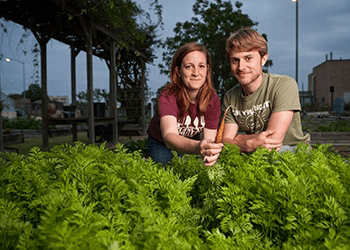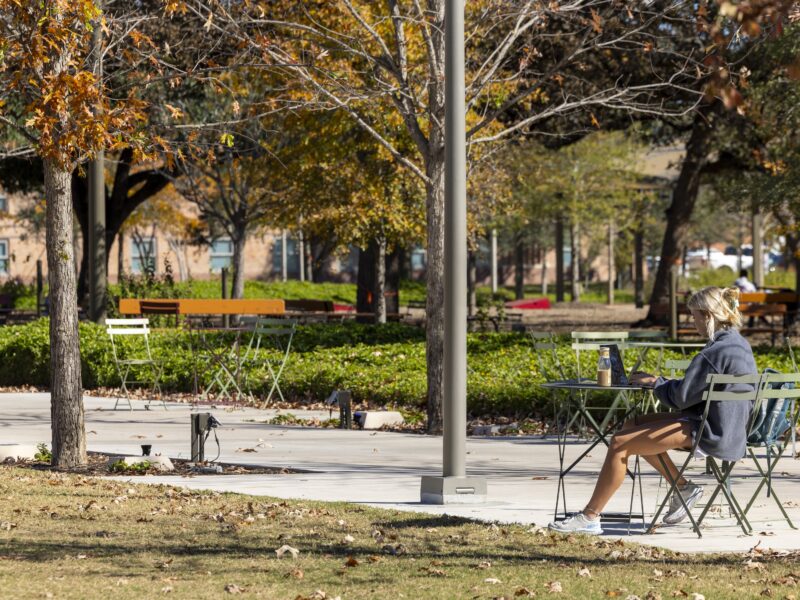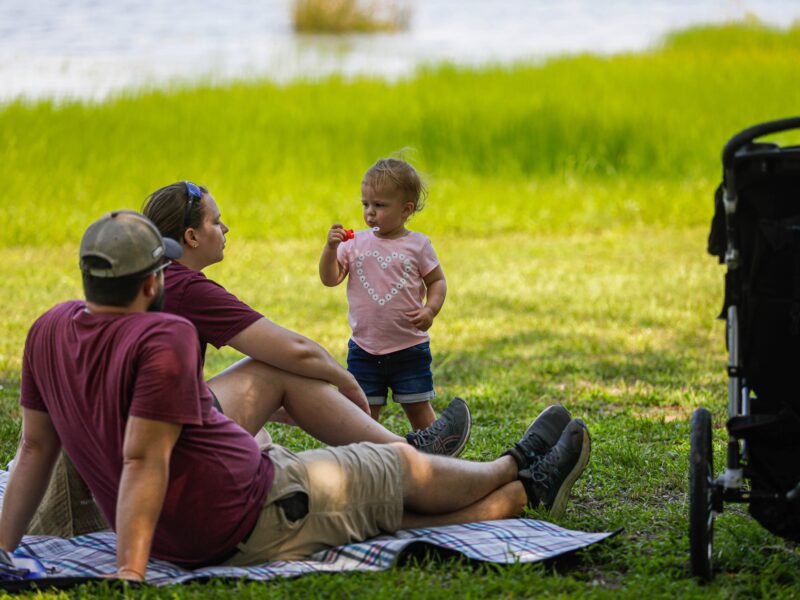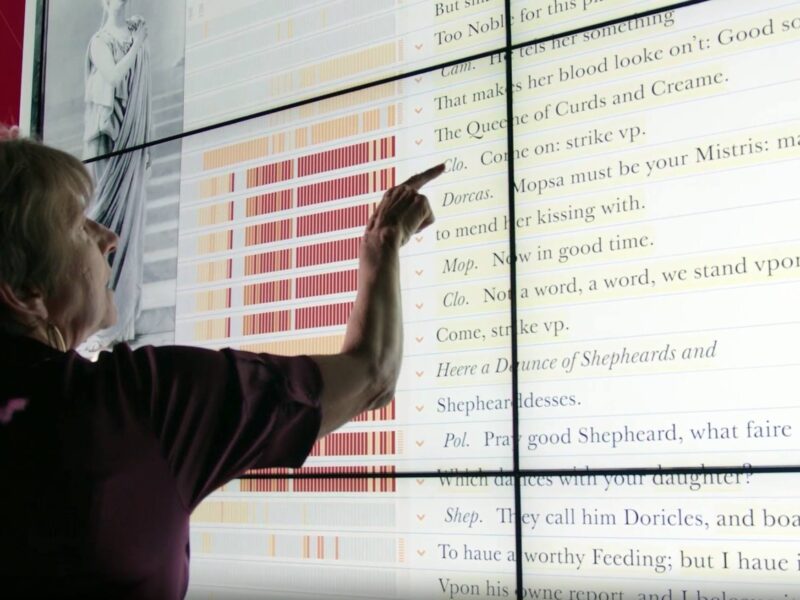Howdy Farm Volunteers Honor The ‘Aggie’ Name
 With every fruit, flower and leafy green bursting from the soil, Aggies are fulfilling the land-grant mission of Texas A&M University at Howdy Farm, a student-run sustainable farming project on West Campus providing the community with fresh produce and education about the merits of local agriculture.
With every fruit, flower and leafy green bursting from the soil, Aggies are fulfilling the land-grant mission of Texas A&M University at Howdy Farm, a student-run sustainable farming project on West Campus providing the community with fresh produce and education about the merits of local agriculture.
“Not only does locally grown produce taste better, it’s healthier for people and the environment,” says John Adams, a senior ecological restoration and forestry major, and president of the Sustainable Agriculture Student Association (SASA) which operates Howdy Farm.
“We have bok choy, lettuce, peppers – we’re doing research trials for pepper varieties – every herb you can think of, tomatoes, flowering plants like hibiscus, sunflowers, potatoes, bananas. It’s a big mix of bright colors,” says Taylor Paine, a horticulture graduate student who serves as SASA’s market manager and treasurer.
Adams and Paine join a wealth of student volunteers who plant and maintain Howdy Farm and carry the produce to sell at local farmer’s markets.
“Local produce is picked when it’s ripe, versus what you get at the store,” says Paine. “Much of the produce you find at the store is picked too early, and can even be treated with ethylene gas to artificially ripen it. When you buy food locally, it comes straight from the farm, it’s pesticide-free and fed with organic matter.”
Adams agrees, pointing to a 2014 study that found Texas is the worst state in the nation for access to locally grown food.

“Industrial agriculture has been very successful at producing crops,” he notes, “but it also has a massive impact on the environment. People are too willing to accept this notion that it’s a zero-sum game, that there is a necessary tradeoff between human needs and ecological integrity.
We have this ‘conquer, dominate, control’ mentality where it’s humans vs. nature,” he continues. “It’s time for a broad shift where we take an ecological world view, where we understand ourselves as parts of a larger system.”
Allowing agriculture to follow ecological principles is key to health and sustainability, he adds, noting, “When we fight and degrade natural processes, we create problems for ourselves that we’re then constantly reacting to. For instance, under industrial practices, crops are grown in a way that makes them highly vulnerable to pests. So pesticides are used, which often creates a pesticide-resistant pest population while killing their natural predators and the crops’ natural pollinators.
We need to be taking a whole-system approach and when you do that, you’ll see there are synergies; it’s coherent, everything fits together.”
Besides the health and environmental benefits of local agriculture, Paine says farmers benefit greatly as well. “Farmers that grow food for mass consumption make 13 cents on the dollar,” she explains. “When food is grown and sold locally, the profit goes straight to the farmer because there is no middleman; it’s better for the local economy.”
Educating others about the benefits of sustainable farming is a key part of the Howdy Farm mission. The farm is used by Texas A&M horticulture and other classes for experiential learning and for a variety of research projects.

And local schoolchildren are brought on field trips for tours of the farm by Aggies who instruct them on the methods and philosophies of local agriculture.
“I learned about how plants grow from seeds,” says second-grader, Sawyer H. “They gave my mom an okra seed and we’re going to plant it in our backyard.”
Adams says future plans for Howdy Farm include the construction of a building to be used as a center where members can gather for meetings, store educational materials and host guests.
He invites all Aggies and members of the community to volunteer at Howdy Farm. “Our volunteer hours are Mondays, Wednesdays and Fridays from 1-5 p.m. during the spring and fall semesters,” he says. “Just show up!”
To support the Howdy Farm mission and expansion, donate here.
And to purchase Howdy Farm’s fresh produce, visit the Blackwater Draw Brew Company on Thursdays from 2-6 p.m. at 303 Boyett Street on Northgate and The Brazos Valley Farmer’s Market on Saturdays from 8 a.m.-noon on the corner of Texas Avenue and William Joel Bryan Parkway in Bryan.
Media contact: Lesley Henton, Texas A&M Division of Marketing & Communications.





